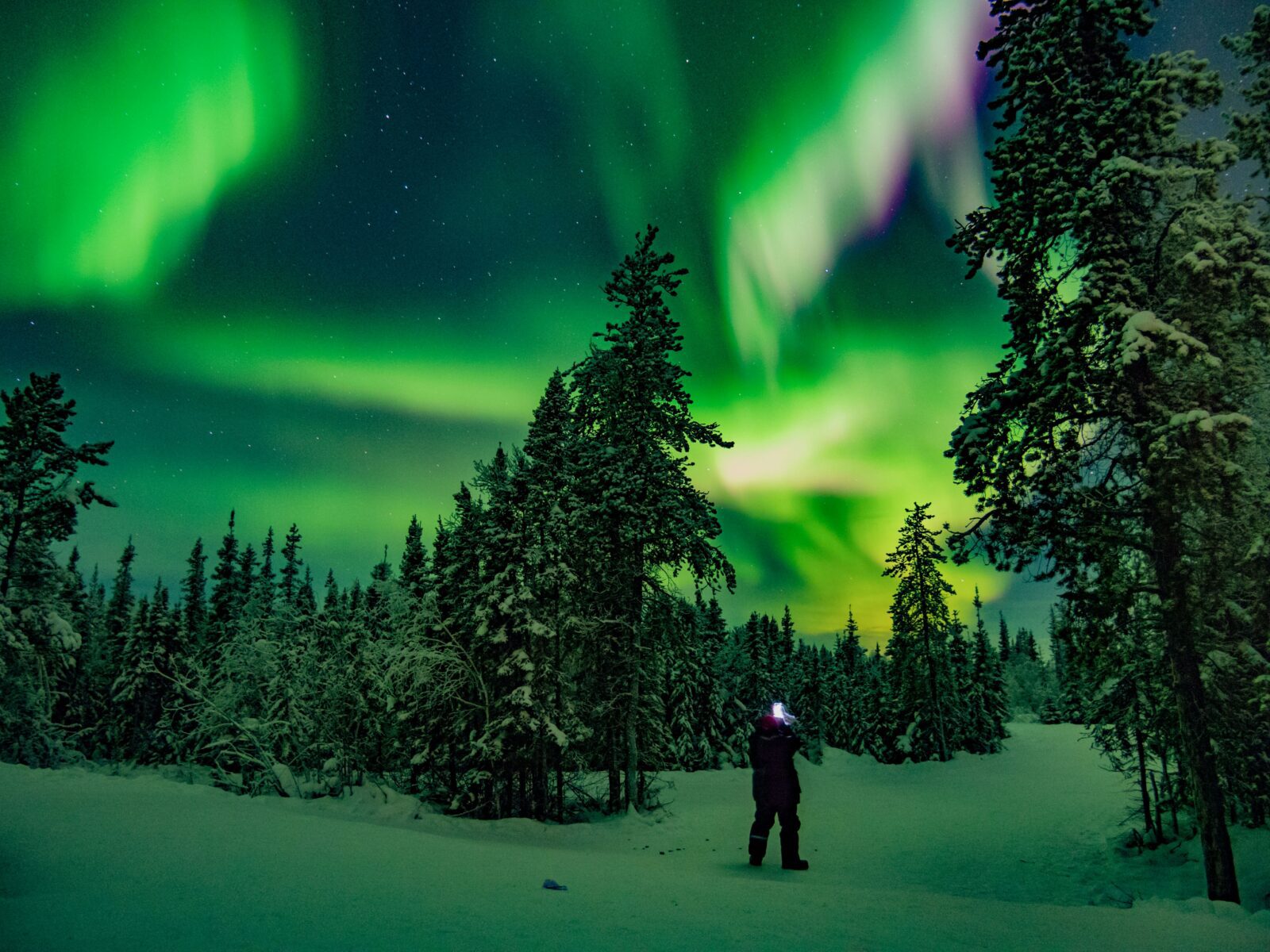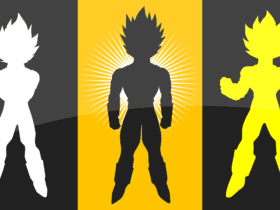The Northern Lights are one of the most popular natural wonders on the planet. Millions of people every year travel to the northernmost reaches of the globe to see the aurora borealis, also known as the northern lights. Many people claim to hear the aurora, but science has yet to prove whether the phenomenon produces any sound, although a 2016 study appears to back up this claim.
The Northern Lights are conventionally thought of as a “soundless” phenomenon. The beauty, scale, and majesty of the Aurora Borealis captivate people, but people have long wondered how the Aurora produces sound. “It seemed to be some faint electrical noise,” said one observer, “and it was not like the rumble of thunder or the sound of distant thunder.”
Because the phenomena were so widespread, these so-called “auroral noises” presented scientists with an important opportunity to test their theories of electrical waves.
Competent climate experts and physicists have remained suspicious, rejecting auroral sound tales and extremely little aurorae as folk or audio superstitions. The UK-based scientist SIr Oliver Lodge said that the auroral sound might be a psychological phenomena because of the vibration of the aurora – much as meteors can conjure up a whistling noise in the brain.
The sound has however been investigated in past years for its artistic worth, prompting musical compositions and creating the basis for new methods to engage with its power signals.
“Playing” northern lights at home, you may also hear the radio waves. In 2020, a radio program from BBC 3 reverted to the audible spectrum extremely low-frequency radios of the aurora. Albeit not equal to the noise from the northern lights on a high mountain peak, these frequencies offer an amazing impression of the transitional, passing and unpredictable character of the aurora. These radio frequencies are very common.













Leave a Reply